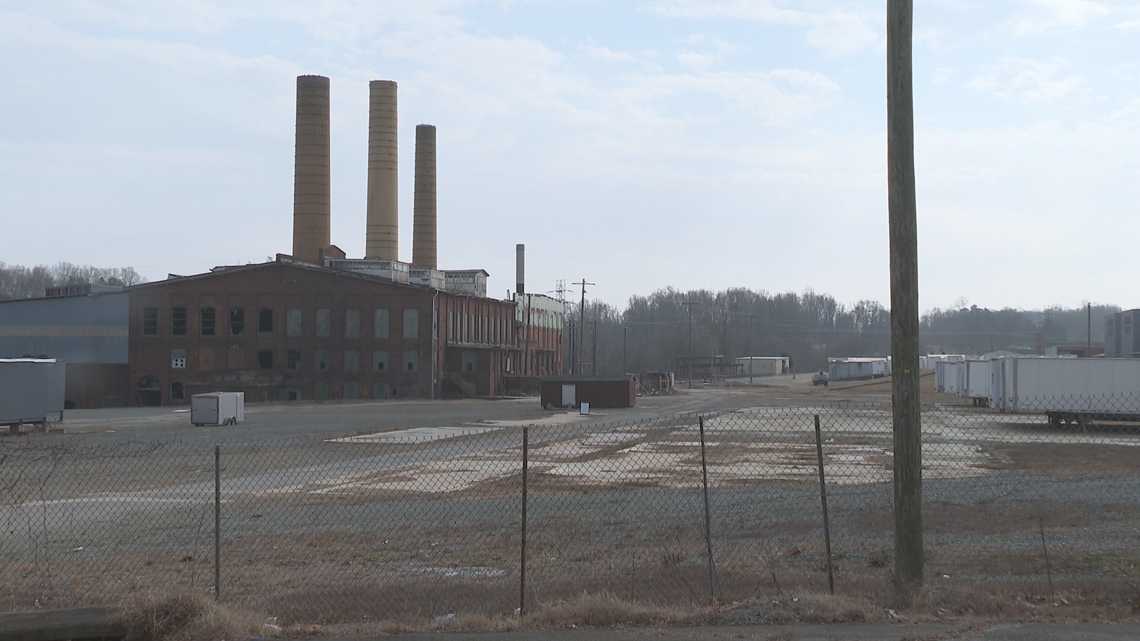What was once a booming industry has all but collapsed under the weight of globalization. We’re looking into the state’s rich history of it’s once proudest industry.
GREENSBORO, N.C. — How does the Piedmont-Triad go from a booming textile economy, to just this past week, losing 145 jobs in the same industry with more layoffs potentially on the way later this year?
The answer? The global march towards modernity.
The roaring sound of industry… Now gone silent.
The last selvedge denim mill in the United States, the Cone Mills White Oak Mill, closed back in 2017.
“Some of these plants are doing big business, but at the same time, as Revolution is closing in the early 1980s… globalization is effecting how business is done,” said Glenn Perkins, with the Greensboro History Museum.
Perkins has seen the unraveling of the state’s textile history, specially here in the Triad.
“Piedmont North Carlina became an industrial hub for obviously furniture, for textiles, for tobacco… Textile manufacturing in the north was – had a lot of union organizing, right? So, it cost more to work up there whereas the south the labor movement was not as strong so workers didn’t have those protections, but businesses could manufacture things and make them a lot cheaper,” said Perkins.
As textile giants like the Cone Brothers came along in the late 1800s with the industrial revolution, business was booming. Yet, just like any industry over time, a rise would eventually be met with a fall.
“Around 1990 is when textile manufacturing really shrinks, not just in Greensboro but in the whole state,” Perkins said.
The North Carolina Department of Commerce shows that between 1993 and 2022, employment in the textile industry declined by a staggering 85%. A result from a multitude of factors.
“A lot of it had to do with globalization of the economy, ways that products could move around the world a lot easier, the fact American companies could tap into foreign labor forces, the availability of imports,” said Perkins.
Now, with Unifi closing their Madison plant and Richloom Weaving closing their High Point facility, local textile continues to suffer blow after blow. Yet, that mark of the industry still remains alive in the Triad.
“That textile infrastructure is still all around us and a lot of those big buildings like Revolution Mill are being repurposed for things like Hotels and apartments, but also startups, so new business can use those spaces to rethink how industry is going to work in the 21st century,” said Perkins.
















